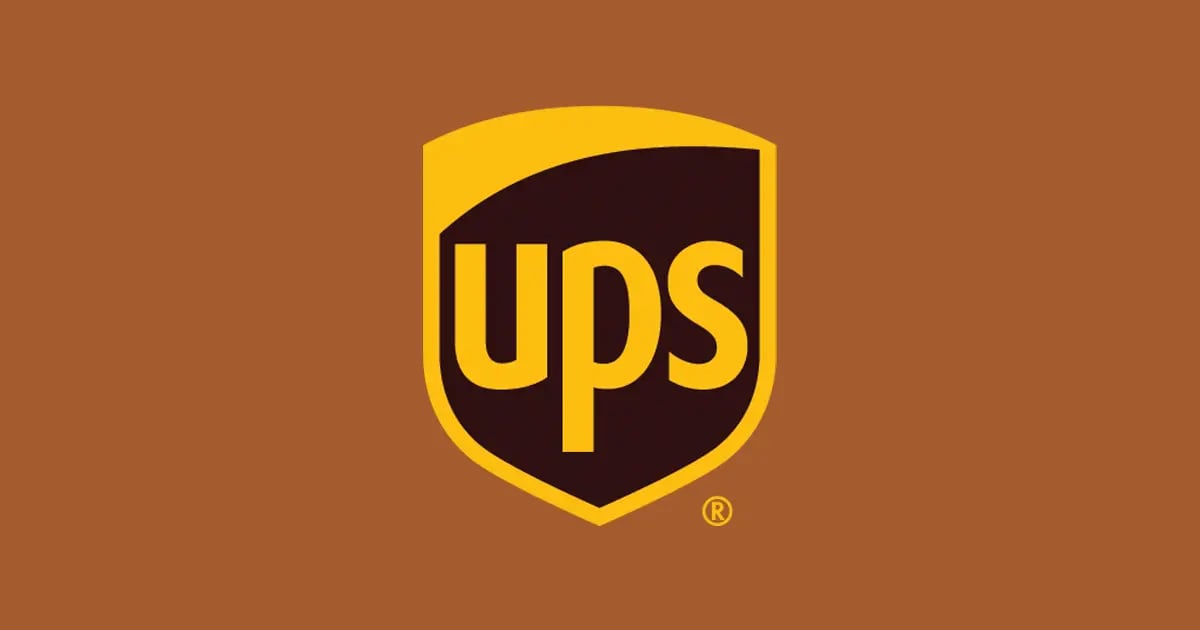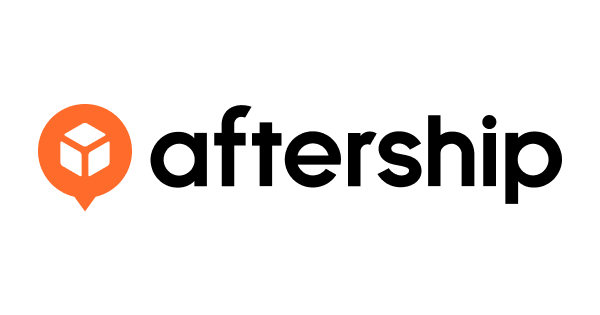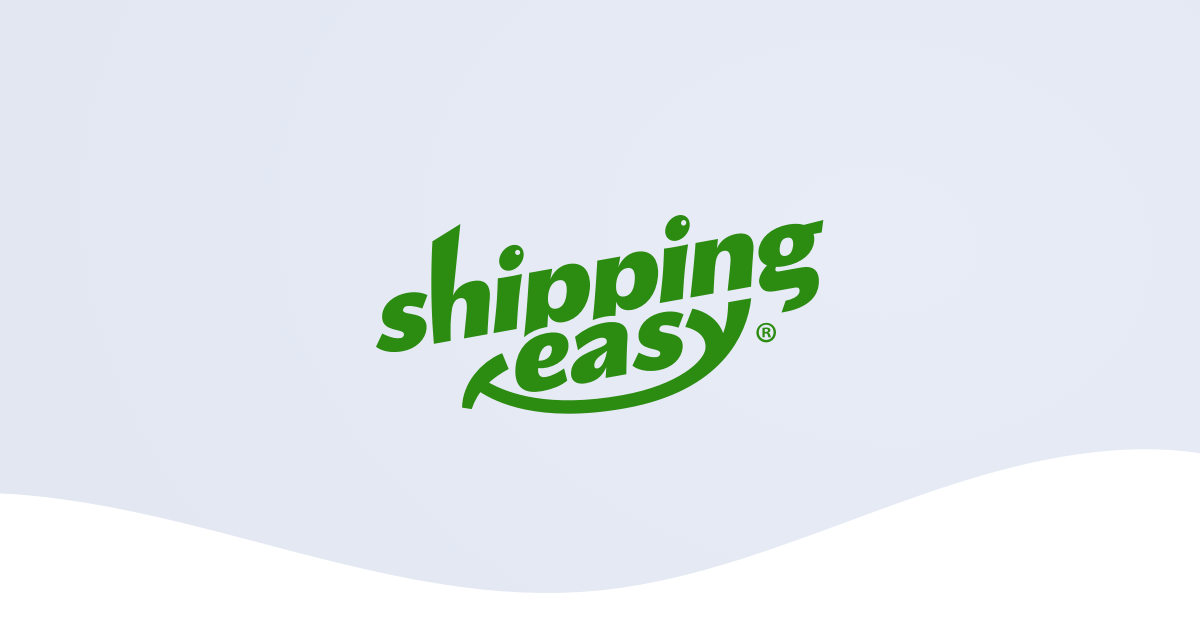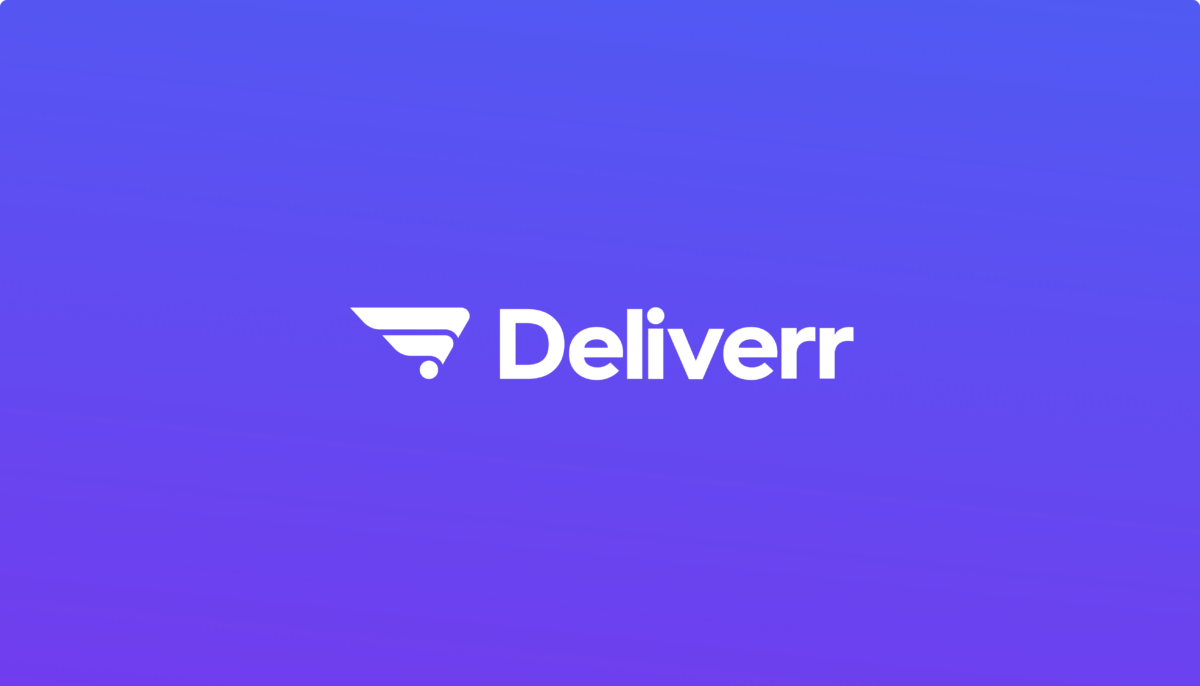Introduction
As ecommerce continues to grow, merchants are seeking out sophisticated yet affordable shipping software to help scale operations and keep customers happy. Finding the right solution can be challenging given the many options available in today’s market. This guide evaluates 15 top shipping platforms based on criteria like shipping carrier coverage, order management capabilities, business intelligence tools and more. We aim to highlight the standout features of each solution so businesses can determine the best fit for their unique needs.
Methods of Evaluation
Each solution is evaluated based on criteria like shipping carrier network coverage, supported shipping modes (parcel, freight, inter-modal etc.), order management features, business intelligence tools, integration capabilities, pricing structures and other factors. Additionally, we also consider alternative metrics like number of backlinks, traffic and keyword search trends to get an indication of the overall popularity and market presence of each company. This multi-faceted approach aims to provide a well-rounded perspective for businesses to shortlist and compare their options objectively.
1. WooCommerce Shipping
WooCommerce Shipping is the shipping management plugin developed by WooCommerce that allows merchants to easily print shipping labels, calculate shipping rates, and track orders right within their WooCommerce stores. It works seamlessly for WooCommerce stores out of the box.
Pros: Some key advantages of WooCommerce Shipping include: – Integration with popular WooCommerce stores – USPS, UPS, FedEx carrier plugins available out of the box – Print shipping labels directly in WooCommerce without leaving your store – Track package deliveries and get delivery notifications
Cons: A potential disadvantage is that the free version only supports USPS and certain basic shipping methods. For additional carriers and features, a paid subscription is required.
Pricing: WooCommerce Shipping is offered in both free and paid tiers. The free version supports basic USPS and merchant-defined shipping. Additional carriers and more advanced features require a monthly or annual subscription starting from $49/month.
Some key stats about WooCommerce Shipping include: – Used by over 5 million active sites globally – Integrates with all major carriers including USPS, UPS, FedEx and more – Offers flexible configuration options for carrier accounts, packaging, and labels – Supported shipping methods include flat rates, free shipping, and more
2. UPS
UPS is a global leader in logistics, offering a comprehensive suite of shipping and supply chain management solutions. Founded in 1907, UPS delivers more than 20 million packages per day to over 220 countries and territories.
Pros: Some key advantages of UPS solutions include:
– Comprehensive solution focused on UPS shipping services with features for track and trace, returns, freight and more
– Direct API integration allows seamless connectivity to UPS carrier shipping APIs
– Large global footprint and infrastructure for reliable international deliveries
Cons: Potential disadvantages could include the following:
– Pricing may be more expensive than some smaller carriers for basic domestic shipments
Pricing: UPS offers various paid tiers and subscription plans for businesses ranging from online UPS Standard to UPS brokerage services. Pricing depends on shipping needs, package types, weight and dimensions.
Some key stats about UPS include:
– Over 500,000 employees worldwide
– Operations in over 220 countries and territories
– Processes and delivers more than 20 million packages per day
3. DHL eCommerce
DHL eCommerce is a leading shipping software solution provided by DHL, the global leader in the logistics industry. DHL has over 50 years of experience handling international shipments as well as domestic shipping and transportation needs. Their eCommerce platform provides merchants integrated solutions for shipping, fulfillment, returns and more.
Pros: Some key advantages of DHL eCommerce include:
– Integrated DHL shipping solutions provide end-to-end visibility and control over international and domestic fulfillment
– High volume international shipping capabilities suited for global merchants
– Real-time delivery tracking and analytics for packages worldwide
Cons: A potential disadvantage is that monthly pricing can be higher than some alternatives for merchants with only domestic shipping needs in a single country.
Pricing: DHL eCommerce pricing starts at €99/month for basic shipping needs within a single country. For merchants requiring multi-location fulfillment or international capabilities, pricing is customized based on shipping volume and locations served.
Some key stats about DHL eCommerce include:
– Processes over 1.5 billion shipments annually
– Operates in over 220 countries and territories
– Maintains extensive international shipping networks
– Over 380,000 employees worldwide
4. Trimble Transportation
Trimble Transportation is a leading provider of enterprise transportation management systems (TMS) solutions. Their flagship TMS product, Trimble Transportation and Logistics, provides an integrated solution to manage freight shipping operations for both private and for-hire fleets.
Pros: Some key advantages of Trimble Transportation and Logistics TMS include:
– Enterprise TMS solution tailored for large transportation fleets
– Supports truckload, LTL, intermodal, parcel shipping modes
– Integrated with load boards, ELD devices for optimal operations
– Holistic view of assets, shipments, inventory, personnel
Cons: One potential disadvantage is the high implementation and licensing costs which may make it more suitable for large fleets versus smaller carriers.
Pricing: Pricing for Trimble Transportation and Logistics is not publicly listed but is customized based on fleet size, number of users, customizations required. Implementation services are additional. Overall it represents a substantial investment suitable for large enterprises with complex shipping operations.
Some key stats about Trimble Transportation and Logistics TMS include:
– Used by over 2500 customers in over 30 countries
– Manages over 5 million shipments annually
– Integrates with 70+ load boards and 30+ ELD devices
5. Postmates for Business
Postmates for Business is an on-demand delivery platform that allows businesses to manage their own delivery fleet and provide delivery services to customers. With Postmates for Business, businesses have access to Postmates’ large fleet of couriers who can deliver anything from food to retail items to customers on-demand.
Pros: Key advantages of Postmates for Business include on-demand delivery fleet management, real-time order and delivery visibility, and customizable delivery notifications.
Cons: The main disadvantage is that businesses must pay a commission fee to Postmates on each order delivered by their couriers.
Pricing: Pricing for Postmates for Business starts at 5% per delivery with no setup or monthly fees. There are also additional pricing tiers available depending on business needs and order volume.
With Postmates for Business, businesses gain access to Postmates’ network of over 600,000 restaurants, retailers and local merchants. Businesses have real-time visibility into orders and deliveries. Postmates for Business was launched in 2016 and now serves over 500 cities across the United States.
6. AfterShip
AfterShip is a leading post-purchase customer experience platform that provides tracking, visibility tools and messaging capabilities for e-commerce brands. Founded in 2012 and based in Hong Kong, AfterShip helps thousands of merchants improve order tracking and customer experience across multiple sales channels.
Pros: Some key advantages of AfterShip include:
– Cross-carrier tracking integration and shipping notifications keep customers updated
– Shipment visibility tools provide tracking and delivery status across sales channels
– Customizable tracking pages and messages help build brand recognition
– Analytics and reports help optimize fulfillment and shipping processes
Cons: One potential disadvantage is that the pricing can be more expensive for larger merchants with very high order volumes.
Pricing: AfterShip offers three pricing tiers based on monthly order volumes – Startup at $29/month for up to 1,000 orders, Growth at $79/month for up to 5,000 orders, and Enterprise with custom pricing for over 5,000 orders. There is also a free 14-day trial available.
Some key stats about AfterShip include:
– Supports tracking for over 200 carriers globally including USPS, UPS, FedEx, DHL and more
– Tracks orders for major marketplaces like Amazon, eBay, Shopify, BigCommerce, WooCommerce and more
– Has tracked over 10 billion shipments to date
– Has over 150,000 active merchants using its platform every month
7. ShipBob
ShipBob is a leading e-commerce fulfillment service provider for companies looking to offer fast shipping without handling warehouse operations in-house. Founded in 2014 and headquartered in Chicago, ShipBob has fulfilled over 100 million orders for more than 5,000 brands.
Pros: Key advantages of using ShipBob include:
– Fulfillment services for large order volumes – able to handle spikes in demand during sales
– Warehousing, parcel shipping and returns management in one platform
– Integrations with major marketplaces like Amazon, eBay, Shopify, BigCommerce and Magento
Cons: The main disadvantage is the added cost of outsourcing fulfillment compared to doing it in-house. ShipBob’s fees vary depending on factors like order volumes, but generally range from $3-5 per order plus additional fees for storage and shipping.
Pricing: ShipBob offers several pricing plans starting from their Essential plan which is $3 per order. They also have Pro and Enterprise plans with additional features and customized pricing for higher volume stores. Storage fees are also charged separately on a per cubic foot basis.
Some key stats about ShipBob include:
– Fulfilled over 100 million orders since 2014
– Services over 5,000 e-commerce brands
– Operates warehouses in 12 cities across the US and Canada
– Offers 2-day shipping to 90% of customers in North America
8. Shippo
Shippo is a multi-carrier shipping software that allows merchants to automate shipping for e-commerce orders. Founded in 2014, Shippo has raised over $100 million from top VC firms. Shippo supports all major carriers including USPS, UPS, Fedex, DHL and offers competitive domestic and international rates.
Pros: Some key advantages of using Shippo include:
– API-first platform with integrations ready apps and plugins
– Automates multi-carrier shipping for fulfillment and returns
– Real-time rates, labels, tracking updates from all major carriers
– Powerful dashboard with analytics and shipment insights
Cons: One potential disadvantage is that Shippo does not offer their own fulfillment services. Merchants need to arrange fulfillment through other vendors.
Pricing: Shippo offers four pricing tiers – Basic ($49/month), Pro ($199/month), Enterprise (Custom pricing) and Express ($0.49/shipment). All tiers include shipping automation, multi-carrier support and integrations. Higher tiers offer additional support, analytics and custom features.
Some key stats about Shippo include:
– Processes over $5 billion in shipping volume annually
– Integrates with over 35+ platforms including Shopify, Magento, BigCommerce
– Supports shipping to over 220 countries
– Rates from 100+ carriers including USPS, UPS, Fedex, DHL and others
9. EasyPost
EasyPost is a leading shipping software provider that offers a comprehensive API for shipping functionality. Founded in 2011 and based in San Francisco, EasyPost focuses on simplifying shipping and logistics for online sellers through their suite of shipping APIs. With support for major carriers including USPS, UPS, and FedEx along with other partners globally, EasyPost aims to provide end-to-end flexibility and control over the entire parcel shipping process.
Pros: The main advantages of EasyPost include:
– Comprehensive API for core shipping functionality like rates, labels, tracking and more
– Works with all major US carriers including USPS, UPS and FedEx along with global partners
– Free to use for low volume merchants under 300 shipments/month, tiered paid plans available
– Supports a wide range of integrations and can be used with any platform or custom shipping applications
Cons: The main disadvantage is that EasyPost may not be as feature-rich as some more expensive enterprise-level shipping software, however the API covers core shipping needs for most small businesses.
Pricing: EasyPost offers a free low-volume plan under 300 shipments/month. From there they have tiered paid plans starting at $19/month for under 3,000 shipments. Plans with advanced features and support are available starting at $99/month.
Some key stats about EasyPost include:
– Supported by over 50,000 merchants and handles billions of shipments annually
– Integrations with over 75 platforms including Shopify, WooCommerce, Magento and more
– Supports shipping to over 220 countries worldwide
– Raises over $150 million in funding from top VC firms
10. Project44
Project44 is a leading supply chain visibility platform that provides universal visibility for multi-modal shipments. Founded in 2014, Project44 connects, automates and provides visibility into key transportation processes to accelerate insights and simplify work. Leveraging real-time data that encompasses 11 billion global tracking events annually, Project44 creates transparency by gathering information from tens of thousands of sources. As a result, over 1,000 of the world’s major brands use Project44 solutions to optimize supply chains, reduce costs, improve service levels and mitigate risk.
Pros: Some key advantages of Project44’s supply chain visibility platform include:
– Universal visibility platform that works across multiple transportation modes
– Access to satellite and telematics data for real-time route updates
– Seamless connectivity with over 100 carriers globally
– Predictive ETAs and exception alerts to minimize delays
Cons: A potential disadvantage is that enhanced visibility comes at a cost, so pricing may be higher than some more basic tracking solutions.
Pricing: Project44 offers a variety of pricing plans depending on need. Base plans start at $3,500 per month for access to basic shipment tracking and email updates. More premium plans with advanced analytics, exception management and API capabilities start at $10,000 per month.
Some key stats about Project44 include:
– Provides visibility into over 95% of global orders
– Connects with over 100 carriers globally across ocean, rail and truck
– Handles over 11 billion logistics events per year
– Serves over 1,000 customers worldwide including major brands in retail, manufacturing and logistics
11. ShippingEasy
ShippingEasy is a cloud-based shipping software that helps ecommerce stores and fulfillment centers streamline their shipping processes. Founded in 2013, ShippingEasy has grown to support over 50,000 customers shipping millions of packages per year through integrations with major ecommerce platforms like Shopify, BigCommerce, Magento and more. The software helps users efficiently manage orders, print shipping labels, track shipments and gain insights through analytics.
Pros: Some key advantages of ShippingEasy include:
– Free basic version for lower volume users
– Robust integrations that sync orders and automate shipping workflows
– Discounted shipping rates offered by USPS and UPS directly through the platform
– Branded tracking pages and shipment notifications improve customer experience
– Analytics dashboard provides insights to optimize processes
Cons: A potential disadvantage is that the free plan has limited functionality and higher volume sellers may need an annual paid subscription to unlock more advanced features.
Pricing: ShippingEasy offers several paid plans starting at $29/month for their Plus plan up to $119/month for their Enterprise plan. Pricing scales based on the number of shipments and order volumes. They also offer customized enterprise plans for very high volume businesses.
Some key stats about ShippingEasy include:
– Supports USPS, UPS, FedEx and over 200 carriers globally
– Processes over 4 million shipments per month
– Integrates with over 25 platforms including Shopify, Magento, BigCommerce, WooCommerce and more
– Rated 4.8/5 stars on Capterra with over 3,000 reviews
12. Deliverr
Deliverr is an all-in-one ecommerce fulfillment platform that aims to help merchants manage inventory, fulfillment, and shipping from a single platform. Founded in 2017, Deliverr has grown to become one of the leading cloud-based fulfillment platforms for merchants of all sizes.
Pros: Some key advantages of using Deliverr include:
– End-to-end order fulfillment including warehousing, packing and shipping
– Automated shipping notifications sent directly to customers
– Real-time order tracking and inventory management
– Multi-channel inventory sync and order uploads
Cons: One potential disadvantage is that Deliverr requires merchants to transfer inventory to their fulfillment centers. This means giving up some control over inventory storage and direct shipping.
Pricing: Deliverr offers three main pricing plans:
– Basic: $2 per order + $2 per shipment. Best for low volume stores.
– Professional: $1.25 per order + $1.50 per shipment. Best for mid-sized stores.
– Enterprise: Custom pricing. Best for high volumes.
Some key stats about Deliverr include:
– Fulfills over 250,000 orders per month
– Supports merchants on Shopify, Magento, BigCommerce and other platforms
– Automates shipping for over 100 carriers including USPS, UPS, and FedEx
– Operates fulfillment centers across the US and Canada
13. Prisync
Prisync is a price tracking and monitoring software that helps companies stay competitive. Founded in 2014, Prisync enables businesses to effectively track competitors’ pricing in real-time to help ensure their own prices remain competitive. With clients across various industries including retail, eCommerce, and manufacturing, Prisync aims to provide businesses with tools to gain insights into their competitors.
Pros: Some key advantages of Prisync include:
– First-class APIs for seamless integration into existing systems
– Branded customer shipping experience for seamless ordering and delivery
– Real-time carrier rate shopping to ensure lowest shipping costs
– Powerful competitor insights to inform pricing and marketing strategies
Cons: One potential disadvantage is that Prisync is a paid software requiring a monthly or annual subscription. For some very small businesses, the recurring subscription costs may not make financial sense.
Pricing: Prisync offers different paid tiers based on number of competitor profiles and SKUs tracked. Pricing ranges from $99/month for the Basic plan up to custom Enterprise plans for the largest global brands.
Some key stats about Prisync include:
– Over 2,500 customers globally across 35+ countries
– Tracks prices for over 10 million SKUs daily
– First-class APIs for seamless integration into existing systems
– Real-time alerts when competitors adjust pricing
14. Metapack
Metapack is an all-in-one delivery management platform that helps e-commerce merchants manage fulfillment and shipping. Founded in 2005, Metapack has become a leader in multi-carrier shipping software, connecting merchants to over 350 carriers across 220+ countries. The platform provides access to over 4,000 shipping services worldwide to help merchants optimize costs and provide excellent delivery experiences for their customers.
Pros: Key advantages of using Metapack include:
– All-in-one order management and multi-carrier shipping platform
– Real-time rates, customs information and package tracking across carriers
– Works seamlessly with popular e-commerce platforms like Magento, Shopify, Prestashop and more
– Automated switching between carriers to ensure lowest possible rates
Cons: One potential disadvantage is that basic pricing plans start at a monthly subscription, so there is an ongoing cost compared to one-off shipping solution purchases.
Pricing: Metapack offers different pricing tiers based on transaction volume:
– Starter Plan: $99/month for up to 500 shipments/month
– Growth Plan: $199/month for up to 2,500 shipments/month
-Enterprise Plan: Custom pricing for higher volumes
Some key stats about Metapack include:
– Connects to over 350 carriers including DHL, UPS, USPS, FedEx, Royal Mail and more
– Provides coverage for shipping to over 220 countries worldwide
– Processes over $12 billion in shipping transactions annually
15. Sendle
Sendle is a shipping software and logistics company based in Australia that offers parcel delivery and freight forwarding services across the United States. Founded in 2009, Sendle has grown to serve over 50,000 customers. Their software allows businesses to manage, ship, and track domestic and international packages.
Pros: Key advantages of using Sendle include:
– National flat-rate shipping with no hidden costs or surprise fees
– Easy online ordering and automated shipping label generation
– Real-time tracking of all shipments with delivery notifications
– International address verification API to validate international addresses
Cons: The main disadvantage is that Sendle only offers ground shipping within the US, so transit times may be longer compared to 2-day or overnight carriers like UPS and FedEx.
Pricing: Sendle offers simple and transparent pricing. For US domestic shipments, pricing is based on package size/weight and starts at just $7.90 for a small parcel. International shipments have competitive flat rates to over 220 countries worldwide.
Some key stats about Sendle:
– Saves customers up to 83% on small business shipping costs vs carriers like UPS, FedEx, and USPS
– Covers deliveries to all 50 US states with no hidden fees
– Processed over 60 million packages shipped for customers since launch
Conclusion
With ecommerce logistics only growing more complex, investing in the right shipping software has never been more important. This guide highlights 15 leading solutions that can help merchants streamline fulfillment, gain visibility and control over operations while also boosting the customer experience. Choosing the best fit requires evaluating individual needs, budgets, and growth plans. We encourage businesses to trial multiple options before committing to find the platform that uniquely solves their shipping and logistics challenges.















